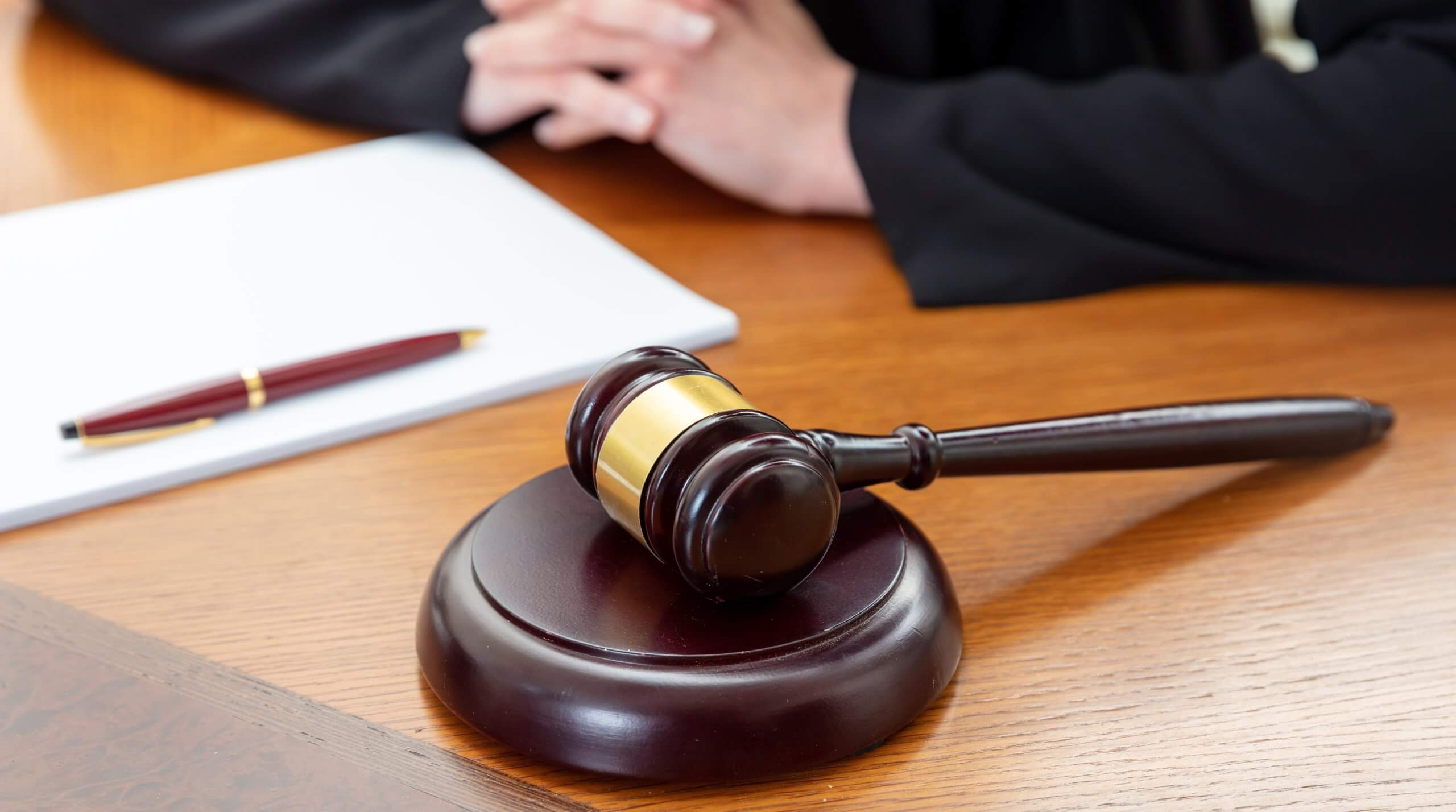Can I Pursue a Legal Action if I Am Partially Responsible for an Accident in Maryland?

Like it or not, accidents happen. While we certainly do our best to avoid them, many of us will, unfortunately, be involved in an accident at some point in our lives. Hopefully, these accidents aren’t serious enough to affect our lives of the lives of the other people involved in them. Regardless of the severity of your accident, you’re likely to be overwhelmed in its aftermath, trying to figure out the best course of action.
One of the things you might be wondering is how much of the accident is your fault, and if you’re able to seek compensation for any damages that might have occurred due to someone else’s negligence. Let’s dive into what you need to know about determining accident fault in here in Maryland, as well as what your options are when it comes to filing a claim for compensation.
Understanding Negligence Laws
Before you can determine who is at fault in an accident, you need to understand the rules that apply in your state with regard to negligence. There are two basic types of negligence laws: comparative negligence and contributory negligence.
Most states operate under the principle of comparative negligence. This law allows you to sue for damages and compensation even if you are partially to blame for an accident. Different states have different rules for how much compensation you can claim, based on your percentage of fault. Some states practice something called modified comparative negligence, where they cap the percentage at 50% and only allow you to pursue damages if your fault is determined to be less than that. Other states are more flexible and allow you to seek compensation even if you are over 50% responsible; this version of the law is what’s known as pure comparative negligence.
On the other hand, Maryland is one of only four states, along with Washington, D.C., that follow the principle of contributory negligence. This is a much stricter law than comparative negligence because it dictates that you can’t receive any compensation at all if you are found to be even the slightest bit at fault in an accident (although D.C. does allow for some exceptions in accidents involving bike riders or pedestrians). If you think the contributory negligence rule seems unfair or overly harsh, you’re not alone. There’s a reason why so few states follow these laws; most people would agree that it’s pretty restrictive to require 100% fault on the part of one person in order for a compensation claim to be legal.
Does this mean that, if you think you’re partially responsible for an accident in Bowie or elsewhere in Maryland, you shouldn’t bother looking into making a claim? Absolutely not. Even if you are concerned that you might be somewhat at fault for an accident, you might not actually be at fault from a legal standpoint. In order to know for sure, you need a knowledgeable, experienced attorney on your side who can work to establish a strong claim that you are indeed completely innocent.
How is Fault Determined?
It all comes down to collecting and examining evidence. There are several means by which this is done – including witness statements, photographs, police reports, medical records and vehicle or property damage. The more comprehensive the evidence, the easier it will be for those who are in charge of examining it to make a solid determination – so it’s in your best interest to help them collect as much proof as possible. Take photos of the accident scene if you can; call the police and have them investigate the scene and write a report; get the contact info of any witnesses who were at the scene at the time of the accident (or better yet, ask them questions and request permission to record their comments on your phone); seek medical help even if you don’t think you’re in urgent need. And find a good personal injury lawyer who understands Maryland’s strict contributory negligence laws and can help you navigate them.
Keep in mind, though, that not all forms of evidence are beneficial to your claim. Insurance adjusters and others who might not have your best interests in mind will try to convince you to settle quickly, or they’ll mine your social media accounts for any references you make to your accident. For this reason, it’s very important that you steer clear of saying anything about your accident publicly. You should also never admit fault to an adjuster, or sign a quick settlement agreement; don’t even verbally agree to one. If you feel as though you are being pressured into making a statement or settling by insurance claim adjusters, refer them to your lawyer.
Who Determines Fault?
As mentioned earlier, attorneys play a large part in determining fault in an accident. They have the education, training and experience to be able to examine all of the evidence and make an informed decision about where the blame lies. Of course, they aren’t the only people in charge of determining fault. Police officers also contribute their findings, as well as a judge and jury if your case goes to court. (Insurance adjusters have a role to play in fault determination as well, although it should be noted that an adjuster’s main goal is usually to deny or minimize payouts, which could affect the way they consider the evidence presented to them.)
Given all of the moving parts associated with blame determination and compensation, your first (and best) course of action is to enlist the help of a dedicated attorney. Doing so will dramatically increase your chances of achieving the best possible outcome.
If you have been involved in an accident in Bowie and you think you might be entitled to compensation, a lawyer can help you determine the next steps. Contact the Law Offices of Nicholas Parr in Baltimore, MD today to schedule your free consultation. We don’t receive a fee unless we win.


